In our series Salary Stories, women with long-term career experience open up about the most intimate details of their jobs: compensation. It’s an honest look at how real people navigate the complicated world of negotiating, raises, promotions and job loss, with the hope it will give young people more insight into how to advocate for themselves — and maybe take a few risks along the way.
Been in the workforce for at least five years and interested in contributing your salary story? Submit your information here.
Age: 33
Location: Atlanta, Georgia
Current industry and job title:
Lead product manager, product management
Current salary: $170,000
Number of years employed since school or university: 11
Starting salary: $51,000 in 2014
Biggest salary jump: From $64,000 to $105,000 in 2018.
Biggest salary drop: From $150,000 to $0 in 2023.
Biggest negotiation regret: Not using the 10% rule when negotiating for a job. Always ask for 10% more than they offer you.
Best salary advice: I actually got great advice from an ex-boyfriend to add up the dollar value and the personal value of employee benefits, and then use every penny of those benefits.
I did a new graduate development program at a mature tech company where I rotated teams every four months for a year. I stayed in the last role of my rotation. It wasn’t where I wanted to end up, but that is where the need was for the company. This company has mass layoffs every two to three years so it is best to be in the department where the most need is. I had friends in the development program that ended up in departments that had layoffs the following year.
I actually taught more senior people on the team how to use analytics tools and Excel tips and tricks. Despite all of that, my manager wouldn’t give me any of the analytics assignments I asked for. Instead, I had to train the new hire who eventually took on the analytics assignments and I got stuck with really boring, tactical tasks like sending email newsletters. I learned how to automate a lot of my tasks and was only doing two to four hours actively working a week. I was bored, and after speaking to people who had worked there for a while, moving teams could take up to two years.
They also talked about how a lot of the skills they ended up honing in their roles were specific to the company, which made them less marketable to other companies if they ever wanted to move into a role outside of the company. After a year and a half in this role, I decided I needed to move into a role at a younger tech company where I could learn more and gain skills that made me more marketable in the future.
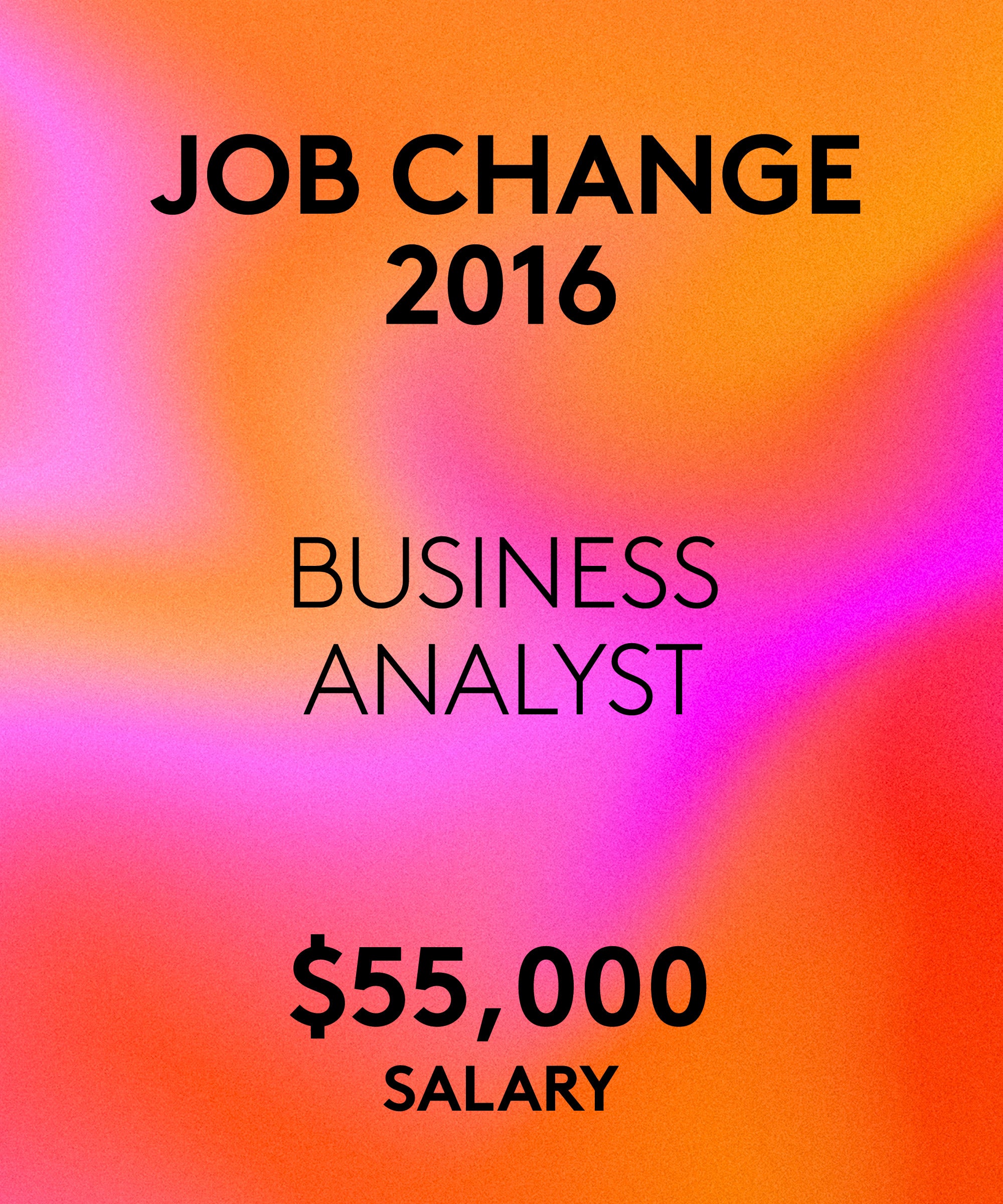
This company had more perks like free food all day, happy hours, nap pods, and a commuter benefit that made my transportation to and from the office free. The work was more exciting, and because of how fast the company was growing, there was always something to do. The company’s mission resonated with me so I felt like the work I did was purposeful. However, the company argued that because they had a great culture and mission, they didn’t have to compete with the job market on salary.
When other companies started opening new offices in the city around this time, it became clear that they were underpaying employees compared to other tech companies. I initially tried to negotiate my salary when I joined. I was asked what my previous salary was and I told them what I made. That was a mistake. I know now that I could have just told them what my expectations were or just said a higher number. I asked for a signing bonus but was told that they didn’t do that. That was a lie.
I later learned from people on my team that they had all received signing bonuses when they joined. Once I learned these things, I felt disillusioned. All of the perks seemed like smoke in mirrors.
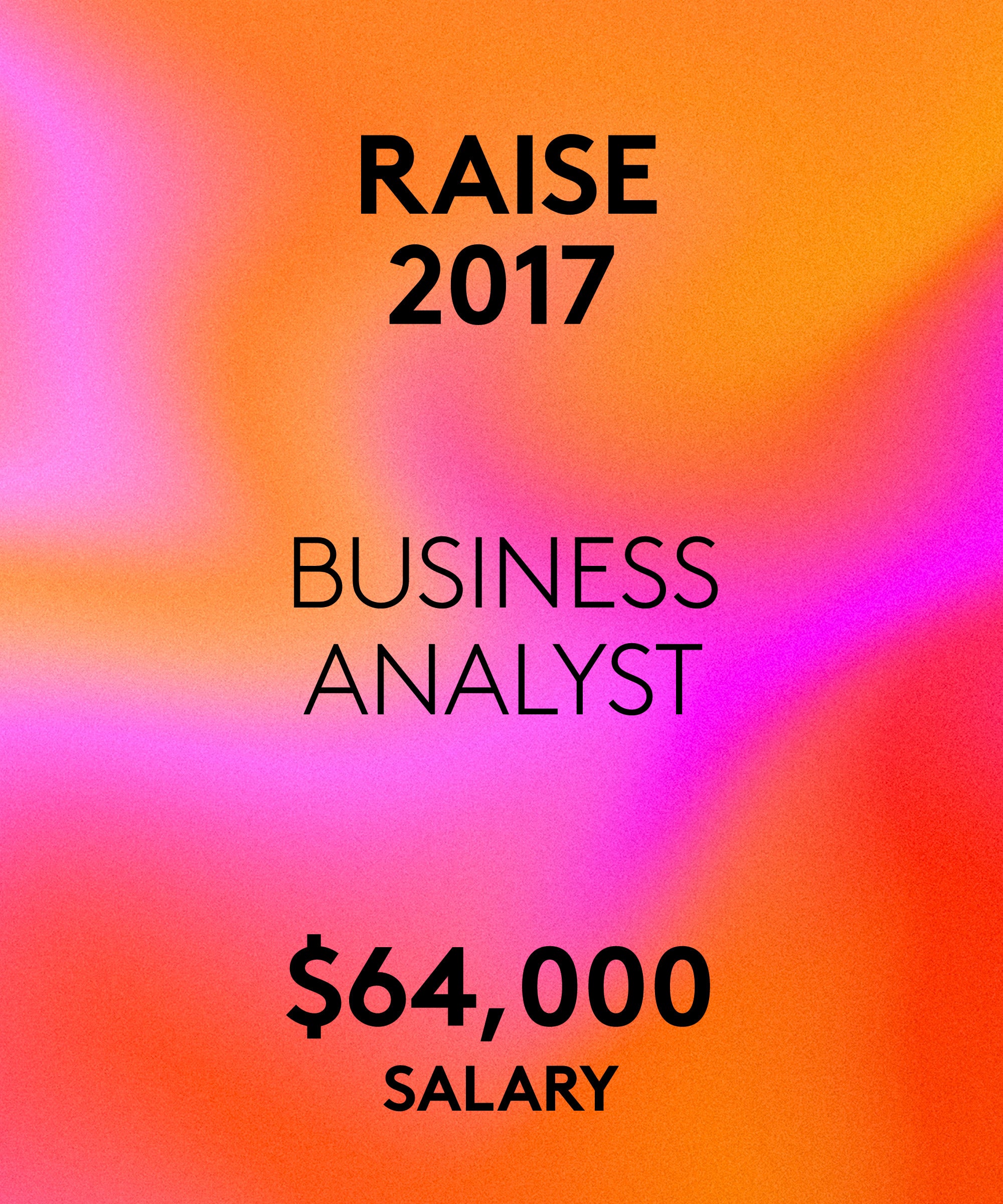
I was one of two people on my eight-person team to get a raise. The other person got a $5,000 raise and I got a $12,000 raise. It felt like a slap in the face as the only person of color on the team and one of the highest performers. The only upside in this entire situation was that I decided to purchase a home and my income before the pay raise made me eligible for a state-funded first-time home buyer program. Since I had cut back on expenses, I paid off my student loans and was offered an affordable mortgage.
By this point, I had already decided I wanted to pursue a career in Product Management because I learned that product managers were doing very similar things to what I was doing in my role but getting paid twice as much. I tried to move into these roles internally, but was repeatedly told I didn’t have enough experience.
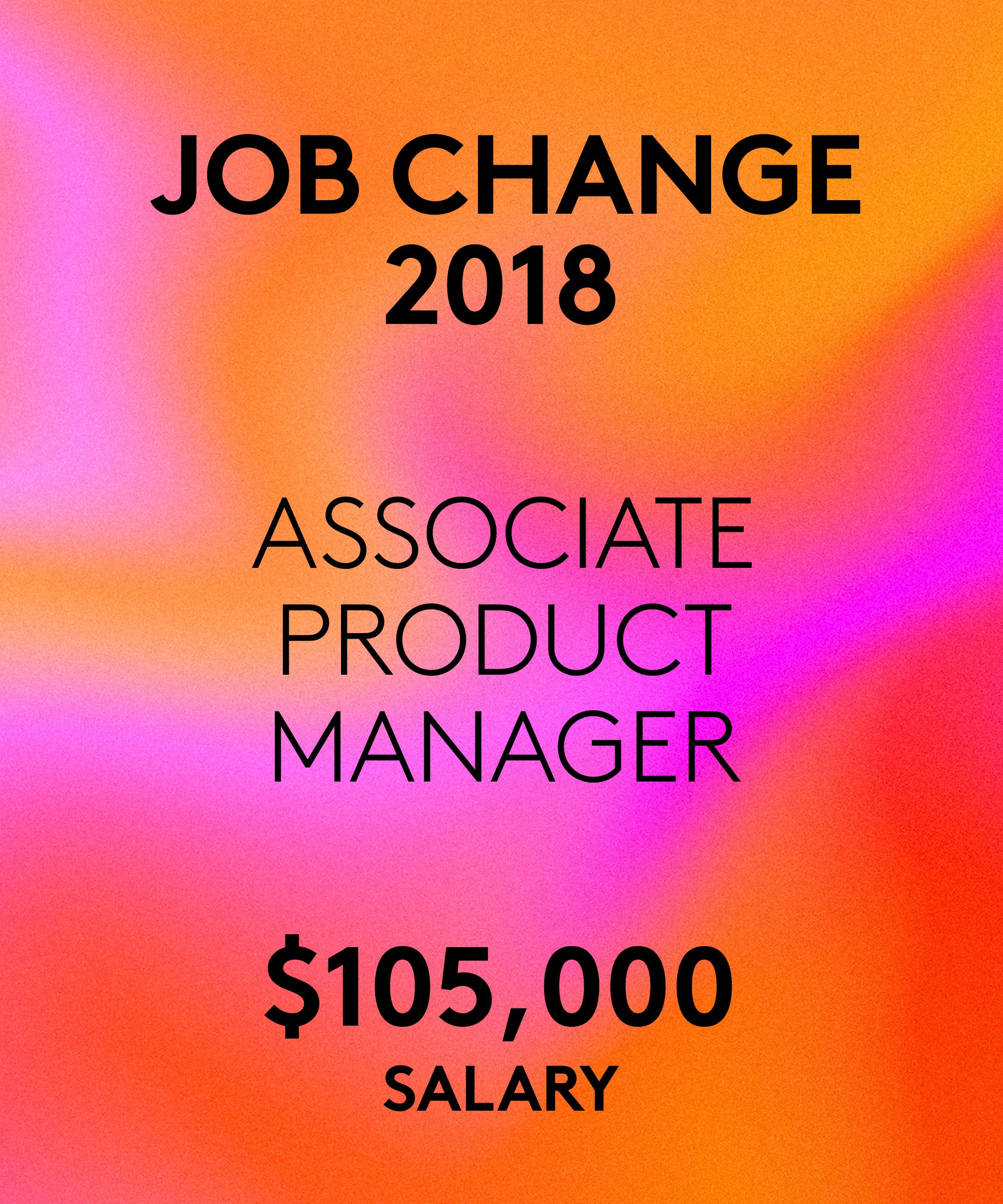
The new salary was a life-changing amount of money for me! I had similar perks to the last company with the free food and commuter benefits that kept my expenses low. I also had a better 401(k) match. It was a 100% match up to 5% of my salary, when my last company offered 3%. I also had a guaranteed annual bonus of 10% of my salary.
The hiring manager was really excited about my experience. He proved himself to be an advocate and a sponsor for me. The work I was doing wasn’t as sexy, but I felt valued.
The company offered an annual $5000 education reimbursement and another $3000 to attend conferences or workshops.
I was the only woman of color on my team, but the company was very diverse. There were many other women of color in product management, including leadership. I was really content.
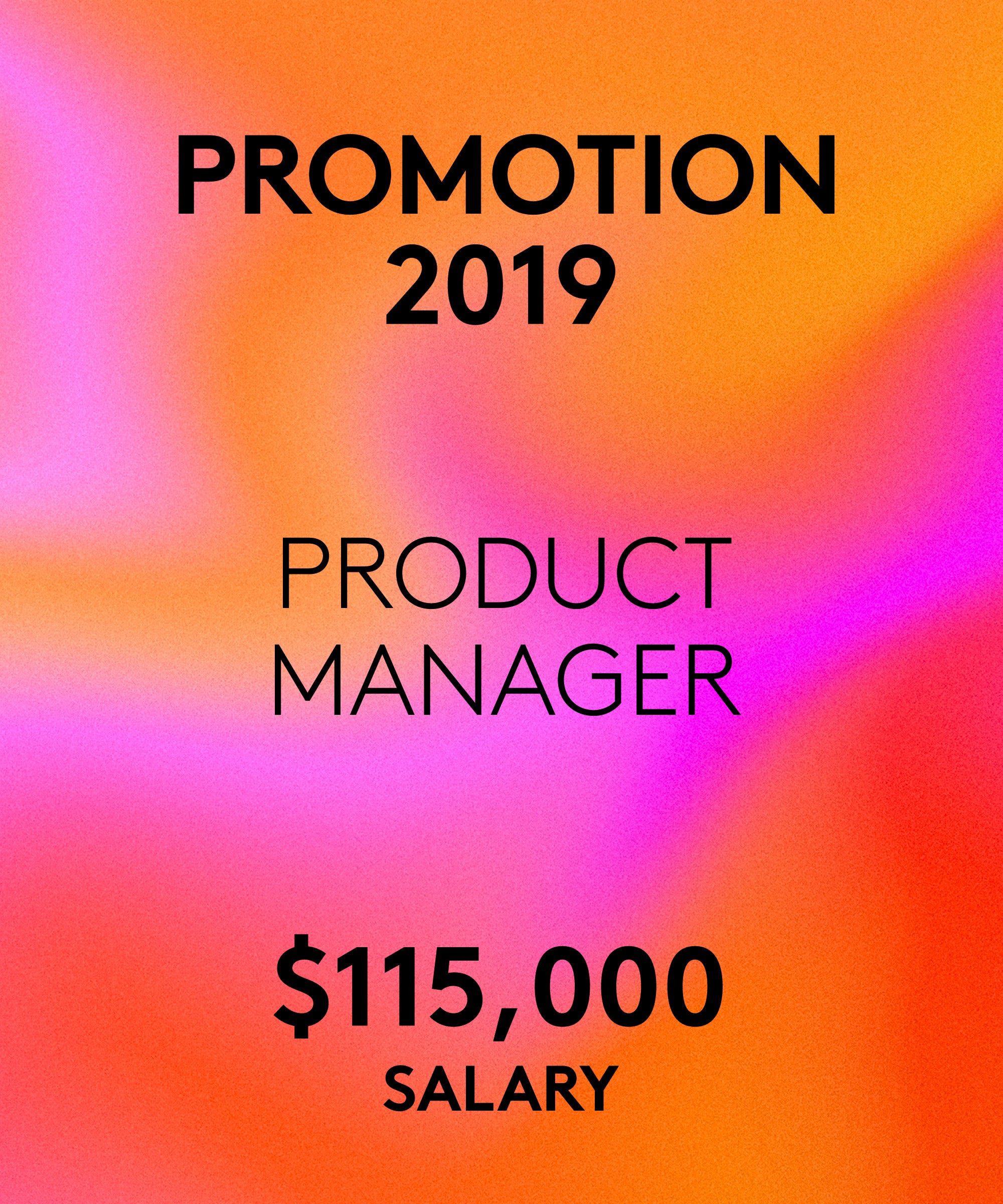
Then, I got a new manager. My new manager made my life and a lot of other people on our team’s lives hell. I was really excited to have a woman of color as a manager, but she was a big disappointment. During this time, one of the product managers left and I was asked to take on his product and manage his team until they could find a backfill. After five months of doing two jobs, I asked for a raise to $130,000 and a promotion. I created a presentation with how I got to the $130,000 number based on the new scope of my role and the value I was bringing. My manager kept giving me the runaround. I was exhausted and I was starting to feel undervalued again and unconfident since most of my ideas were being shot down.
I ended up using my education and conference budget to get a career coach who I was referred to by a friend who pivoted into her dream role within eight weeks. This career coach’s program helped me land an offer to my dream role in the same amount of time!
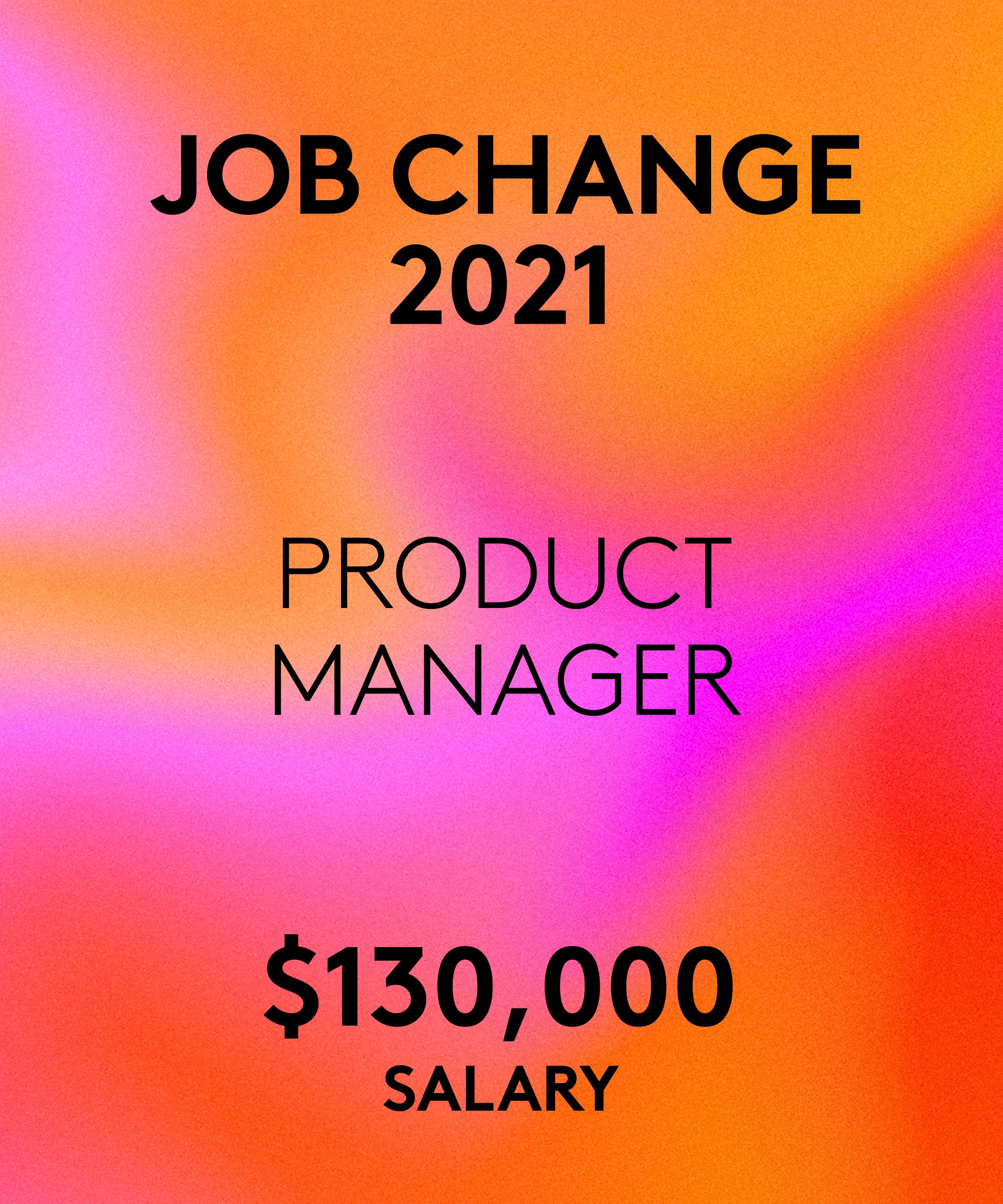
I said I expected $130,000 in the interview process. They gave me that number in the offer and I asked for 10% more in salary 30% more in stock options since I had some data from similar startup offers that offered the amount of stock options I asked for. There wasn’t much else to negotiate since there was unlimited vacation and the company was fully remote. The recruiter said the budget for the role was $150,000, but since I was new to the industry, they felt like the middle range was fair. They did get me 30% more in stock options.
I was content with the offer. This role lived up to my expectations. It was my dream job. I was excited to get online to solve the problems we were addressing. I enjoyed getting to know everyone on my team and other people in the company. Everyone was really cool! I am still friends with many of them to this day. I got to travel pretty frequently to meet other people on the team and attend conferences. It was great!
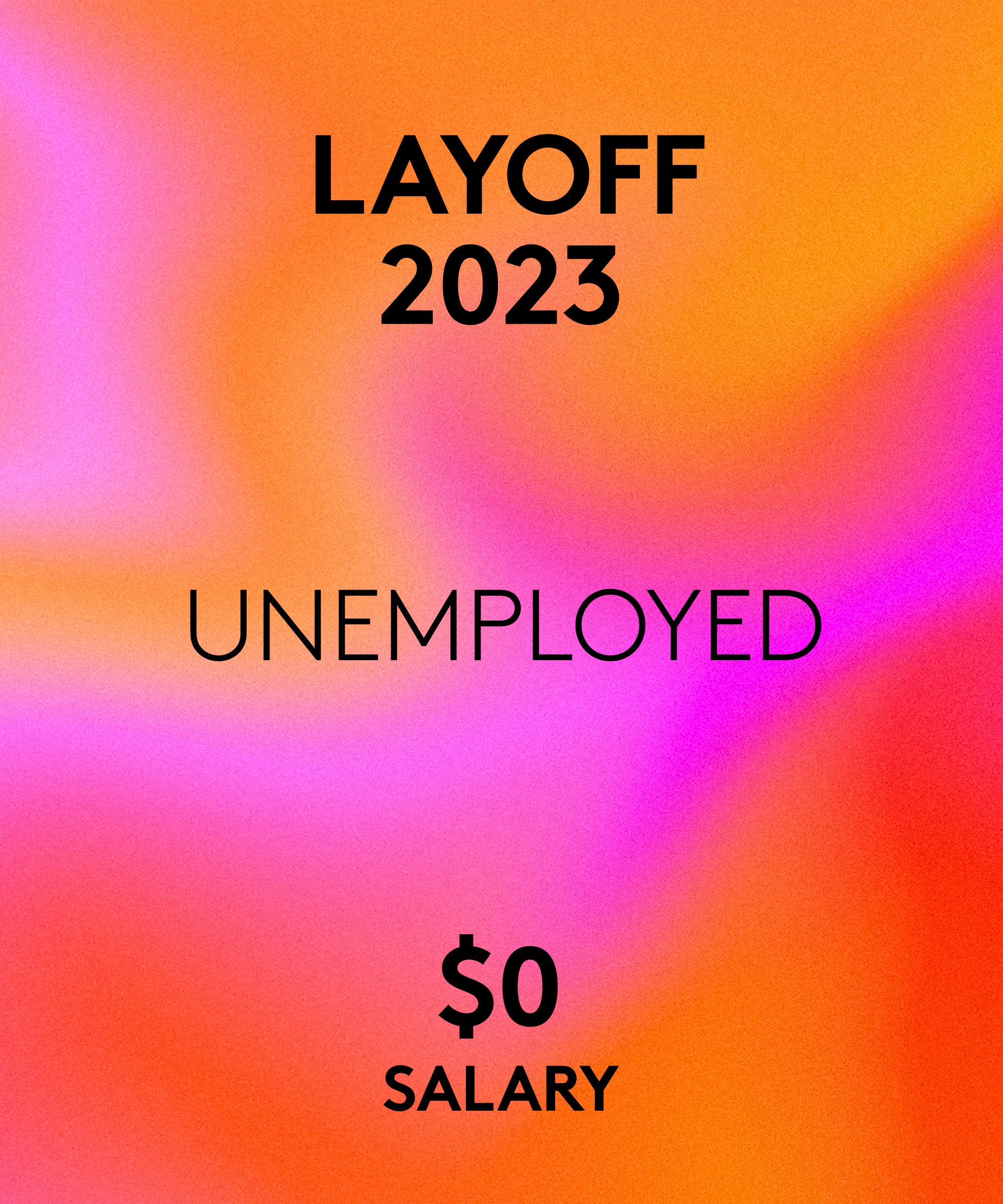
I was promised a promotion to Senior Product Manager and a raise to $180,000 before the layoff talks happened. I loved my job and wanted to stay, but everything was changing anyway so pretty soon it would have been a miserable place to work even if I hadn’t been laid off. I was given four weeks pay as my severance and health insurance for two months. That severance ended up being generous compared to what employees in the three other layoffs that year received as the company’s funds continued to dwindle.
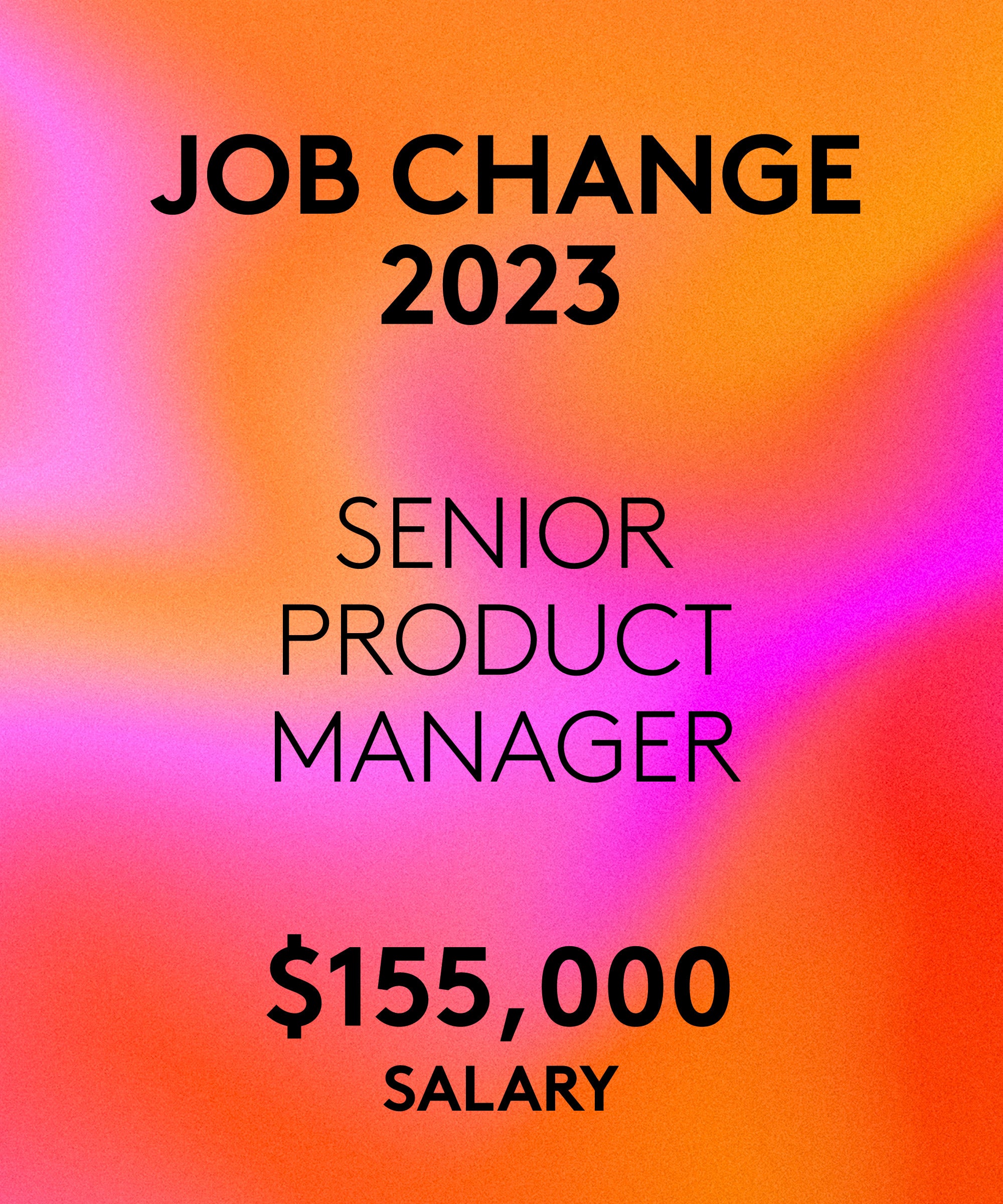
I made it to the final interview round at four companies and got two offers within six weeks post-layoff. I focused on hybrid roles so that I didn’t have to compete with people from all around the country. I ended up taking an offer to join a large non-tech company that is historically profitable during recessions so I felt at ease knowing it would be pretty stable. I was offered $125,000. I asked for $155,000 after seeking advice from a friend. They agreed!
This company also had pretty good benefits. The company covered a full round of egg freezing and a round of IVF and 20 weeks of paid maternity leave.
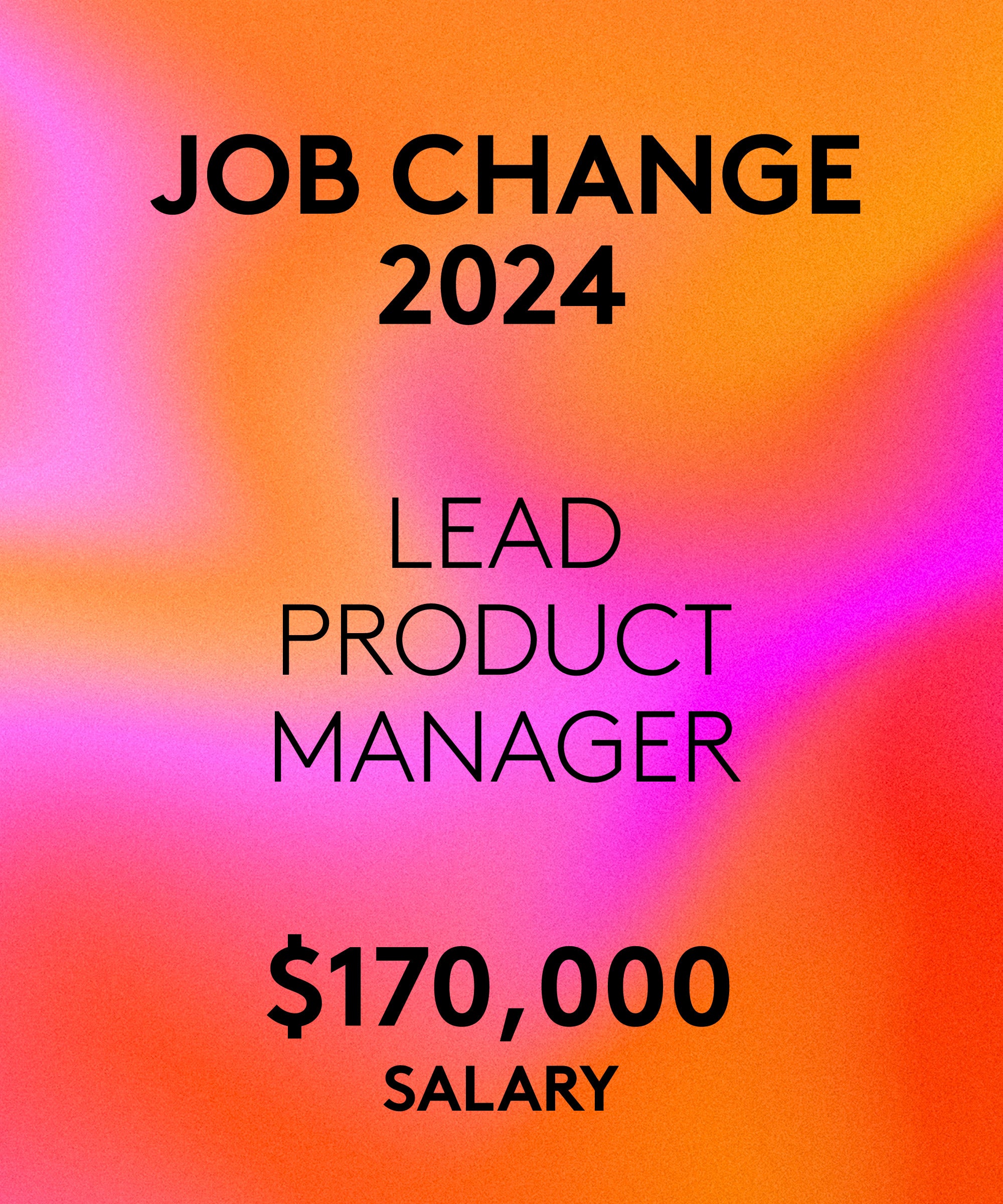
I only considered companies that allowed employees to take maternity leave at any time. I found this list becoming more and more narrow as companies started to pull back on the length of parental leaves, issuing return-to-office mandates, continuing with mass layoffs, and reducing pay.
When I found this new job, they initially offered $150,000, which was lower than what I had been making in a less senior role. I asked for $180,000 to get to where I’d hoped to be pre-layoff. They said the best they could do was $170,000 with a $10,000 signing bonus. I accepted the offer. I was excited to be fully remote again, especially knowing I was going to be a mom. For now, this job is stable but I will consider changing industries when the time is right.
Like what you see? How about some more R29 goodness, right here?
A Week In Triangle Area, NC On A $130,000 Salary
Salary Story: I Had To Log On Drunk At A Winery















